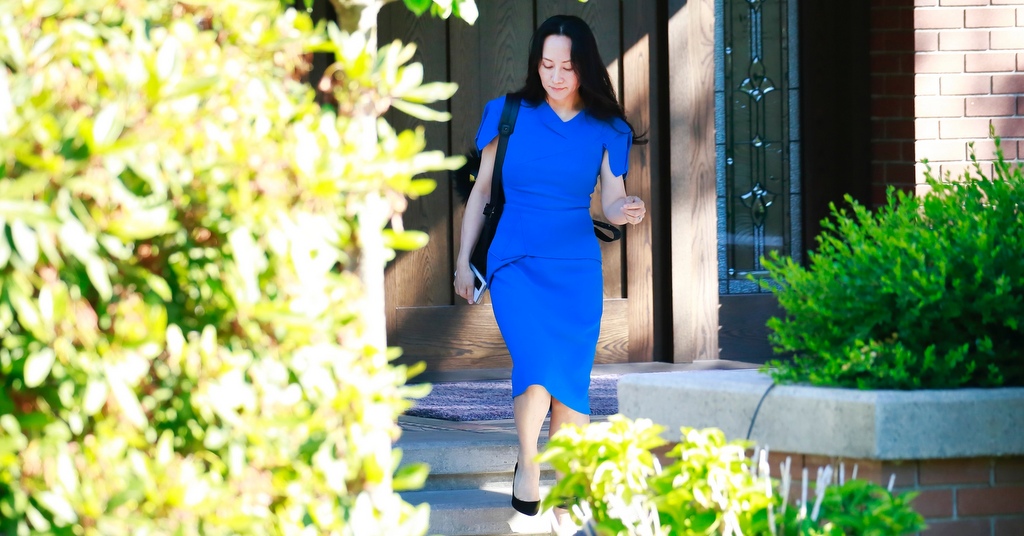 In the previous article, we discussed patent pooling and related issues, such as competitive or unnecessary patents in the pool, exchanging sensitive information, and restricting a patentee’s technical ability. Besides the compliance of patent pooling itself, provisions in a patent licence agreement also frequently become the target of challenges by licensees and under the microscope of anti-trust enforcement agencies. Is there a no-challenge clause in the agreement? Sometimes a patent licence agreement thwarts indirectly the validity challenge by granting the patentee with unilateral termination power. Such arrangement probably originates from the EU. Pursuant to Commission Regulation (EU) No. 316/2014, in the case of an exclusive licence, where the licensee challenges the validity of the intellectual property right which the patentee holds in the Union, the patentee may terminate the patent licence agreement. However, in China, the above Interpretation on Technology Contracts and the SAIC’s Provisions do not provide for special circumstance where the patentee indirectly prohibits validity challenge by the licensees through acquiring the termination power. Besides, it should be noted that unlike the case law in the US, the applicable Chinese regulations do not distinguish between a no-challenge clause reached during the settlement of the parties after a dispute broke out and one reached in a pre-litigation context where a dispute is yet to arise. Is there a term clause in the agreement? Is there a royalty adjustment clause in the agreement? Are there additional conditions in the agreement? 行使专利权时的反垄断法合规(下) 协议中是否有不挑战条款?不挑战条款是指要求被授权人不得对专利的效力进行质疑、挑战的条款。《最高人民法院关于审理技术合同纠纷案件适用法律若干问题的解释》(“《技术合同解释》”)第十条规定,禁止技术接受方对合同标的技术知识产权的有效性提出异议或者对提出异议附加条件的,属于合同法第三百二十九条所称的“非法垄断技术、妨碍技术进步”的无效技术合同。国家工商总局《关于禁止滥用知识产权排除、限制竞争行为的规定》(“《工商总局规定》”)明确要求,具有市场支配地位的经营者没有正当理由,不得在行使知识产权的过程中,禁止交易相对人对其知识产权的有效性提出质疑;具有市场支配地位的专利联营管理组织没有正当理由,不得利用专利联营禁止被许可人质疑联营专利的有效性。有时候,专利授权协议通过赋予专利权人单方合同解除权的方式,间接阻却被授权人对专利的效力进行质疑。这种协议安排可能源自欧盟。在欧盟,根据委员会规则第316/2014号,如果是排他性授权,则当被许可人质疑专利权人在欧盟持有的知识产权有效性时,专利权人有权解除专利授权协议。但是,在中国,对专利权人通过取得合同解除权的方式间接制止被许可人挑战专利有效性的特殊情形,上述《技术合同解释》和《工商总局规定》中均未作出特别规定。此外,值得注意,中国相关规定中并不区分不挑战条款是在双方发生争议后的和解过程中达成的,还是在未发生争议的诉讼前阶段达成的,这一点与美国判例法不同。 协议中是否有协议有效期间条款?对协议的有效期间进行约定是正常做法,但在专利授权协议中对此进行约定则有可能违反有关法律。《合同法》第三百四十四条规定,专利实施许可合同只在该专利权的存续期间内有效。专利权有效期限届满或者专利权被宣布无效的,专利权人不得就该专利与他人订立专利实施许可合同。《技术合同解释》第二十六条要求,专利实施许可合同让与人负有在合同有效期内维持专利权有效的义务,包括依法缴纳专利年费和积极应对他人提出宣告专利权无效的请求,但当事人另有约定的除外。可见,立法者和法官均认为专利授权的期间应当与专利权的存续期间保持一致。但是,由于专利联营当中存在多个专利,专利权人往往约定相对应的专利授权协议在专利包中最后一个专利失效前均为有效。因此,实践中很可能出现协议履行过程中专利包中的部分专利就已经失效的情况。如果该协议适用中国法律,则这一情形可能会受到被授权人的质疑。 协议中是否有授权金调整条款?一般认为,只有在专利有效期内,专利权人以及其许可的被授权人对专利所享有的排他性权利才受到法律保护。如果专利已经被撤销、确认无效或者失效,专利权人继续对此等专利收取费用没有法律基础。这一观点在中国的相关法规中亦有体现:《工商总局规定》第十条规定,具有市场支配地位的经营者没有正当理由,不得在行使知识产权的过程中对保护期已经届满或者被认定无效的知识产权继续行使权利。从公平交易的角度来讲,专利权人在协议中加入根据专利效力的变化情况而定期审阅并调整授权金的条款,更有利于保护自己免受滥用专利权利的反垄断法指控。 协议中是否有附加性条件?在很多专利授权协议中,专利权人会要求被授权人承担额外的义务以取得授权,这些义务通常与协议的核心目的(即专利权的授予和授权金的支付)没有直接联系。有时候,专利权人要求被授权人承担这些义务的原因是希望通过控制被授权人的经营来间接影响下游市场的价格;但专利权人也有可能仅将额外的义务施加给特定的被授权人,以达到阻碍该被授权人正常发展、扰乱其商业计划进而损害其竞争能力的目的。《技术合同解释》第十条规定,要求技术接受方接受并非实施技术必不可少的附带条件,包括购买非必需的技术、原材料、产品、设备、服务以及接收非必需的人员等,属于合同法第三百二十九条所称的“非法垄断技术、妨碍技术进步”。对于一个占有市场支配地位的专利权人,附加性条件的存在往往意味着存在歧视、不公平交易条件等滥用专利权行为。专利权人的内部律师在审查专利授权协议时需要特别注意此类附加性条件。 |
Martin Hu & Partners
8F, Kerry Parkside Office, 1155 Fang Dian Road
Shanghai 201204, P. R. China
Tel: (86) 21 50101666 / Fax: (86) 21 50101222
Email: blake.yang@mhplawyer.com
info@mhplawyer.com
Website: www.mhplawyer.com















